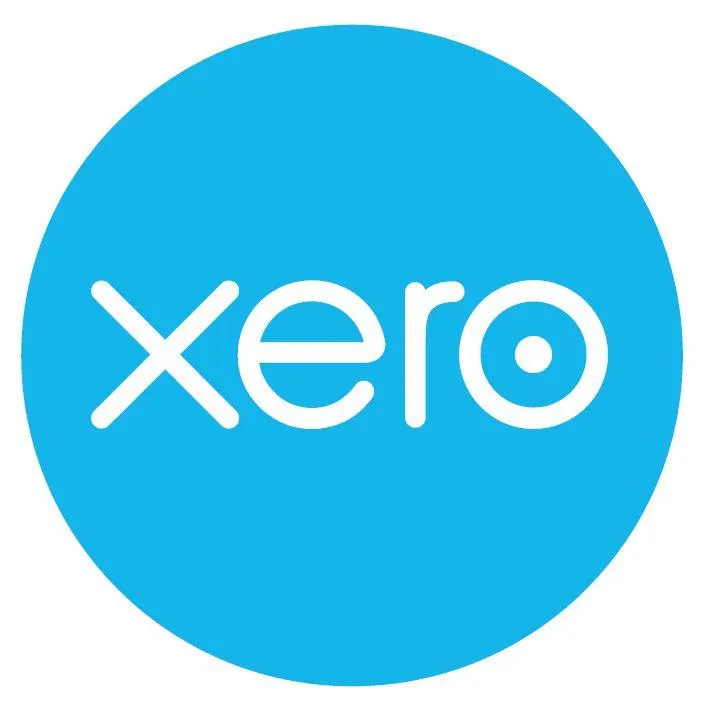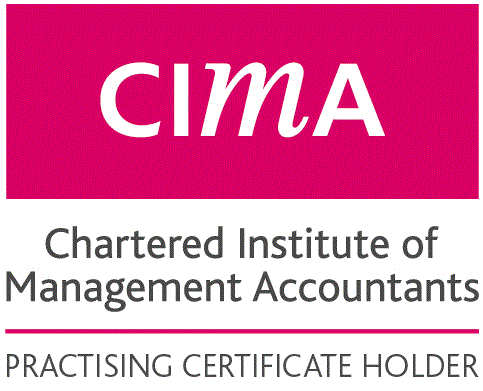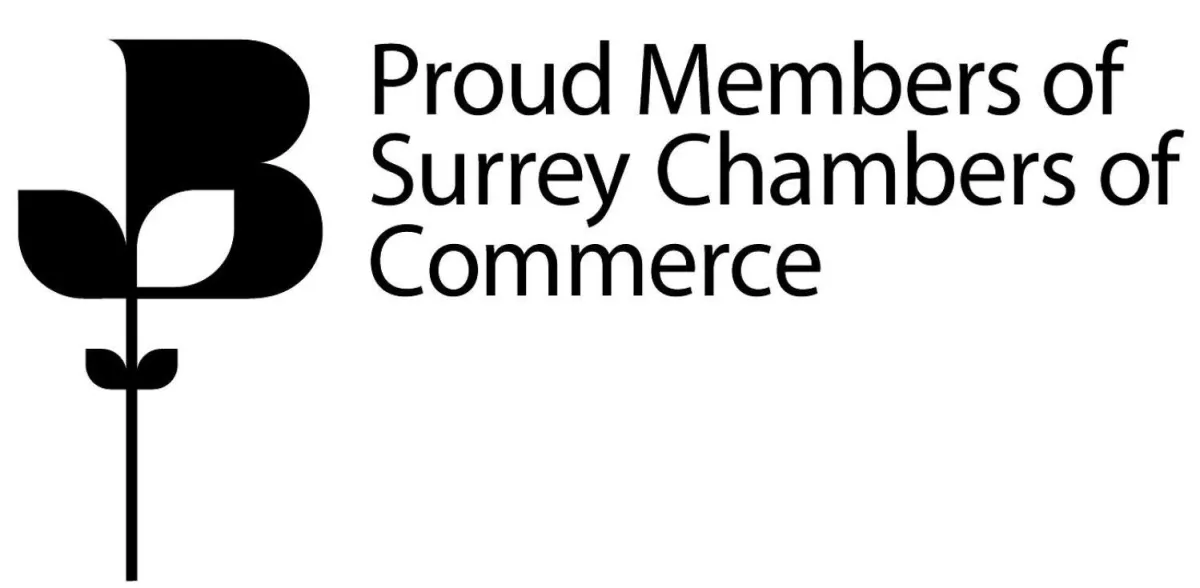

How to Properly Interview and Find the Right Accountancy Partner
Finding an accountant shouldn’t feel like speed-dating with spreadsheets! The right partner will save you time, reduce stress, and protect your profits, often paying for themselves several times over. But how do you actually choose well? This blog shows you exactly what to ask an accountant, how to compare firms, and what great service looks like once you’ve signed.
1) Before you book calls: define success and shortlist smart
Most owner-managers jump straight to price. Don’t. First, clarify outcomes so you know what to ask an accountant and how you’ll judge their answers.
Define success in one page
Business model and stage: sole trader, limited company, multi-entity group?
Top priorities for the next 12 months: cash flow, funding, growth, hiring, dividends, exit planning, R&D?
Pain points: late returns, messy bookkeeping, big January tax bills, no management accounts, zero forecasting?
Scope you actually need: year-end, bookkeeping, payroll, VAT, management accounts, forecasting, tax planning, advisory, software migration, CIS, IR35 guidance, MTD support.
Build a sensible shortlist
Ask associates in your sector for recommendations.
Look for ICAEW/ACCA-regulated firms with strong SME reviews.
Check sector experience (creative, trades, e-commerce, clinics, professional services).
Note the tech stack (Xero, QuickBooks, Dext). Your tools should fit theirs.
Pre-screen in 10 minutes
When you email to book, include a short brief and ask for:
Turnaround times for year-end and queries
Which software they use
A call with the person who’ll actually look after you (not just the salesperson)
This prep sets you up for a high-quality interview and shapes what to ask an accountant next.
2) Interview framework: structure the conversation (so you leave with answers, not vibes)
Use this agenda for a 30–45 minute call. You’ll cover everything important without getting lost.
Context (5 mins)
Share your model, revenue range, headcount, and key goals. This primes your “what to ask an accountant” list so answers are specific, not generic.Capability & fit (10 mins)
“Who will be my day-to-day contact, and what’s their background?”
“How many clients like us (sector, size, complexity) do you support?”
Process & responsiveness (10 mins)
“How do you onboard? What does week 1, 2, and 4 look like?”
“What’s your standard response time for email and urgent issues?”
“How do you collaborate i.e.Slack, email, portal, monthly check-ins?”
Numbers & planning (10 mins)
“How often do you produce management accounts and what’s included?”
“Do you build 12-month cash-flow and profit forecasts and update them quarterly?”
“Can you walk me through a tax-planning review you’d do for us in month one?”
Fees, scope & value (5–10 mins)
“What’s included in the fixed fee? What triggers out-of-scope charges?”
“Do you provide an annual calendar of deadlines and deliverables?”
“How will you help us reduce tax, improve cash, and increase margin in the first 90 days?”
Use this framework to guide what to ask an accountant systematically. You’ll finish with clear notes you can compare firm-to-firm.
Most accountants should explain these to you anyway, but you can use this guide to ask anything that’s been missed.
3) The definitive checklist of what to ask an accountant (UK-specific)
Copy/paste this into your call notes and tick it off.
A) Credentials
Are you ICAEW/ACCA regulated?
B) Compliance you’ll actually rely on
Companies House filings: who prepares and submits? Turnaround time?
HMRC: corporation tax, Self Assessment, PAYE, CIS, VAT, who handles what?
C) Sector expertise
Show me sector-specific tax reliefs and pitfalls (e.g., CIS for trades, medical aesthetics VAT quirks, e-commerce stock and marketplaces, creative industry reliefs, R&D, IR35).
What KPIs should our sector track monthly? (E.g., utilisation rate, CAC:LTV, stock turns.)
D) Advisory & planning
How do you approach quarterly tax planning?
What’s your process for dividends vs salary, director’s loan accounts, and cash extraction?
Can you support funding (grants, loans, SEIS/EIS), valuations, due diligence?
E) Tooling & automation
Which stack do you recommend (Xero/QB, Dext, ApprovalMax, Chaser, Float/Futrli)?
Can you migrate and clean historic data? How do you test opening balances?
How do we manage purchase approvals, bill payments, and receipt capture?
F) Fees & scope clarity
Fixed fee menu; add-ons for payroll, bookkeeping, registered office, R&D, advisory.
Out-of-scope triggers (amended returns, HMRC enquiries, ad-hoc projects).
Review cadence: do fees re-base annually with clear metrics (revenue, transactions, entities)?
These aren’t random. They’re the backbone of what to ask an accountant if you want fewer surprises and more value.
4) Red flags to watch for (and the green flags you want to see)
You’ve heard the pitch. Now, evaluate.
Red flags
Vague answers to basic compliance timing (“we’ll sort it”)
No named point of contact; only a helpdesk
“We don’t do forecasts”
Paper forms, email attachments galore, no portal, no audit trail
Price only: big discount to win the work, with no service detail
No clear explanation of MTD status, digital links, or quarterly process
Zero sector understanding; generic advice that could apply to anyone
Green flags
A clear onboarding plan with dates, owners, and outcomes
Sample management pack (P&L, balance sheet, cash flow, KPIs) in your sector language
Proactive calendar of filings, reviews, and planning meetings
Clean tech map showing where your data lives and how approvals happen
Empathetic but firm stance on scope, SLAs, and responsibilities (so your books stay clean)
A practical 90-day plan (e.g., tidy Xero, implement Dext + bank rules, build rolling 13-week cash-flow, quarterly tax plan)
If a firm delivers those green flags during the call, you’ve just seen why this framework for what to ask an accountant works.
5) Pricing, value, and how to compare proposals fairly
When you start comparing quotes, don’t be surprised if the numbers vary wildly. On paper, two proposals might look worlds apart, but remember, the cheapest accountant is rarely the best fit.
If your goal is to grow and you want a proactive accountant who communicates clearly, checks in regularly, and helps you plan ahead to minimise tax, then naturally, that comes at a cost. But it’s not just a cost, it’s an investment. A good accountant can save you far more in tax, time, and stress than you’ll ever pay in fees.
At the end of the day, trust your instincts. Choose the accountant who understands your industry, aligns with your personality and long-term goals, and shows genuine care for your business. Yes, price matters, you need to stay within your budget, but it shouldn’t be the deciding factor.
The right accountancy partner is worth their weight in gold.
6) Technology and workflow: design your “minimum viable finance function”
The right partner won’t drown you in tools. They’ll propose a lean, auditable workflow so your team barely notices the admin.
7) Sector nuances: don’t let specialist issues bite you
Your interview should surface sector-specific traps. Build them into what to ask an accountant.
Construction/trades: CIS treatment, domestic reverse charge VAT, subcontractor onboarding, retentions, work-in-progress.
Creative/marketing: IR35 for contractors, revenue recognition on retainers, project profitability.
E-commerce: Marketplace settlements, multi-currency, inventory costing, VAT on imports/exports, UK/EU/ROW thresholds.
Clinics/aesthetics: VAT partial exemption, medical exemptions, stock control for consumables, insurance records.
SaaS/tech: Revenue recognition (annual vs monthly), R&D tax reliefs, SEIS/EIS, share option schemes.
If a firm can’t talk this language, keep searching.
8) Onboarding and the first 90 days: what “great” looks like
Here’s the template you want your new accountant to follow. Use it to frame what to ask an accountant before you sign.
Weeks 0–1
Engagement letter signed, AML checks complete
Software access set up; old accountant handover scheduled
Discovery meeting: goals, pain points, reporting dates, KPIs
Weeks 2–4
Software health check: chart of accounts, tracking, bank rules, VAT settings
Receipt capture live; purchase approvals agreed
Data clean-up plan with clear tasks and owners
First monthly close completed to a pre-agreed date and check proposal is still aligned.
Weeks 5–8
Agent services account set-up finalised and connected.
Management pack template agreed: P&L, balance sheet, cash-flow, KPI dashboard, narrative
Tax review: VAT scheme choice, payroll structure, dividends/salary plan, director’s loan tidy-up
Weeks 9–12
Quarterly planning session booked (if included in proposal)
Fee review aligned to actuals (if volumes deviate)
Post-implementation “lessons learned” and small refinements
9) Transitioning from your current accountant (with zero drama)
Switches can be smooth if you’re firm and polite.
Give notice per your current engagement letter.
Request professional clearance: new firm will write to the old firm for handover.
List the artefacts you expect: TB, prior years’ CT comps, SA returns, fixed asset register, payroll reports, VAT reports, journals, working papers.
Freeze changes during handover week to avoid data clashes.
Confirm deadlines: who owns which filing if a deadline falls mid-switch.
Interviewing accountants doesn’t need to be awkward. Decide your outcomes, prepare a tight shortlist, and use this guide to structure what to ask an accountant from credentials and sector expertise to workflow, reporting, and 90-day wins. When you hear specific answers, clear plans, and see example reports that look like your business, you’ve found more than a supplier. You’ve found a growth partner.
And if you're looking for the right fit right now, give us a call and we can talk about all the ways we can support your business (and we welcome all the questions!) - book a call here.

FREE DOWNLOADS
A-Z of allowable business expenses
Download your A-Z guide of allowable business expenses.
Financial Housekeeping For Your Small Business
Download your guide to Financial Housekeeping For Your Small Business - ideal for start ups and early stage businesses
How to Scale Up your Business: Tips and Strategies for Success
Download your guide to How to Scale up your Business - ideal for slightly more established businesses that want to grow and scale their business
Don't want the guide?
But do want our regular email filled with tips and insights into business and how to maximise profit and grow your business?
Click here

Ready to take the stress out of finance?

Not quite ready to commit to a long term contract ? Book a value packed Power Hour for now at £180 Inclusive of VAT.






© 2023 All Rights Reserved | Sterling Financial Management Reg No 9780783,
Accounting, Bookkeeping and Business Advisory based in Dorking Surrey RH4 2JF
Reg Office : 71-75 Shelton Street, Covent Garden, London, WC2H 9JQ